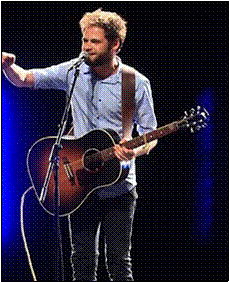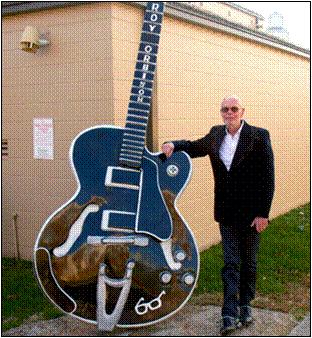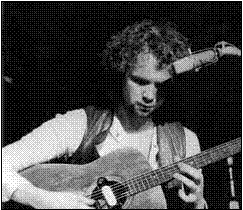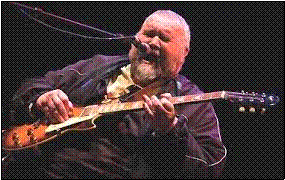Saw Passenger, my favourite current singer-songwriter at the Newcastle O2 Academy last night and was not disappointed – well not by him, though the venue left much to be desired (more later). Both Mike and members of The Once, his support act, sported full beards for some unknown reason – just fashion or, as he said in an interview on BBC Breakfast, to hide his face. Don’t know what the other’s excuse was – to look older? more rugged? folkie image? keep warm? My advice – get rid of them.
Anyway, according to the Newcastle Evening Chronicle; ‘The floor of the O2 Academy shook under the weight of thousands of feet stamping and hands clapping along with Passenger. Mike Rosenberg, the man behind the name, was frank with his audience from the start: “Passenger may sound like a band, but I have got a bombshell for you tonight Newcastle, it’s just me and a guitar”. But the one man band had his audience just as captivated as they would have been with a five-piece band with his songs that told so many stories. With moments where it felt like he was pouring his heart out to times where he brought everyone to laughter, this set had it all. The star didn’t hold back from sharing his inspiration for the song lyrics. The song Riding to New York was made even more poignant by his tale of a terminally ill man, on a journey to visit his grand-daughter one last time, who touched his life and inspired him to give up smoking. His chart topping single Let Her Go was an easy crowd pleaser with a sea of hands filling the air. The crowd laughed when he joked that as the song was his only hit single he had just planned on playing it six or seven times.’ I go along with all of that – and more.
Though Mike’s musicianship is OK he’s no guitar virtuoso but his brilliant songs and passionate voice more than make up for that. Like Paul Simon, who he has admitted is a major influence (he sang Sounds of Silence last night), he has a gift for catchy tunes along with thought-provoking lyrics. He’s also got quite a theatrical delivery, not afraid of quiet passages, along with some longish explanations (as mentioned above) which at one point I feared would lose him the raucous Geordie crowd.
Yes, the crowd. It wasn’t their fault – they were treated like cattle in a venue more accustomed to rock bands. The Academy is an old cinema converted to host live music by the simple expedient of stripping out the seating and installing several large bars (but no bins to put plastic glasses which covered the floor by the end). I got there just before 7.00pm (when doors were supposed to open) and had to queue for about twenty minutes and then hang around an hour for the support band (The Once, a lively folk-orientated three piece). Unfortunately at least half the crowd ignored them and carried on talking, but there was nowhere else for them to go so those who did want to hear had to contend with a constant babble. Amazingly, many people still didn’t stop yapping when the main guy appeared (after another half hour wait). This was despite ‘I Hate’ a song explicitly saying he hated people who ‘pay good money to see gigs and talk through every fucking song.’ How true, but it didn’t stop the yappers. Nevertheless, the vast majority obviously really enjoyed the gig and sang, clapped and waved in all the right places. The audience itself, though mainly in their twenties, included people of all ages along with a few geriatrics like me.
It was good to see acoustic music getting a positive response from such a diverse crowd. I think this is partly due to Mike’s likeable personality, his directness and honesty, but also, maybe, the recent popularity of stand-ups who can fill huge stadiums with no back-up band or anything but themselves. In a world of increasing technology, noise and electronic wizardry it’s refreshing to see someone with just a guitar (if they’re any good). As Mike sings in Whispers, the tour title:
Everyone’s filling me up with noise – I don’t know what they’re talking about.
You see all I need’s a whisper in a world that only shouts.




